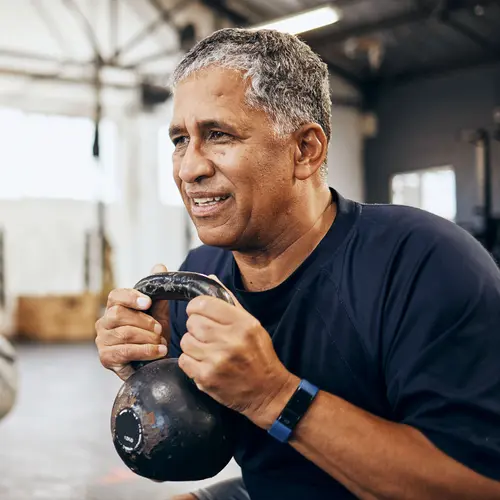An abdominal muscle strain is an injury that happens when muscles in your stomach area stretch too much or tear. You might also hear it called a pulled stomach muscle.
Anyone can strain a stomach muscle, but it’s more common when you play certain sports.
This type of injury heals gradually with rest, and you can take steps to lower your chances of getting it again.
Which Stomach Muscles Can Get Strained?
It’s possible to pull any of the key muscle groups that make up your abs:
Oblique muscles. These go from your ribs to your pelvis. They help you rotate your midsection left and right.
Rectus abdominus muscles. These are the pair of muscles that extend down the middle of your abdomen from your ribs to your pelvis. When they’re really fit, you know them as a “six pack.” They make movement between your pelvis and ribs possible.
Transversus abdominus muscles. These are your deepest ab muscles. They help keep your midsection stable and shield organs.
What Can Cause an Abdominal Strain?
It usually happens when you use the muscle over and over so much that you damage it. For example, you could stretch or tear an abdominal muscle by making repetitive movements while playing sports or doing other physical activities, like situps or crunches.
Some other things that could strain a stomach muscle are:
- Accidents, like falling or getting in a car crash
- Coughing or sneezing hard or for a while
- Exercising too much or too intensely
- Doing something that your muscle isn’t warmed up for
- Not using the right form when you play sports or work out
- Lifting something heavy
- Twisting your body sharply
Who’s More Likely to Get an Abdominal Strain?
Your chances for the injury go up if you play sports like football and tennis. That’s because those games involve a lot of reaching and moving your midsection side to side.
Other things that could make you more likely to strain a stomach muscle are:
- A past stomach muscle strain or injury
- Muscle fatigue, which can happen after you do something strenuous
- Tight ab muscles
What Does a Strained Abdominal Muscle Feel Like?
You could have stomach pain that flares up or gets worse when you:
- Sneeze, cough, or laugh
- Twist your body
- Sprint or do brisk exercise
- Get up after sitting or lying down a while
- Touch the strained area
You might also have symptoms like:
- Stiffness
- Swelling or bruising
- Muscle cramps
Call the doctor right away if you have:
- Trouble walking
- Pain that keeps you from doing your daily routine or getting sleep
- Symptoms of a hernia, which is when part of an internal organ or tissue pushes through a weak section of muscle
Get emergency medical help if your abdominal pain is sudden and severe and comes with any of these symptoms, which would be signs of something more serious than an abdominal strain:
- Fever
- Black or bloody vomit or poop
- Constant nausea and vomiting
- Your stomach is very tender to the touch or when you press on it
- Your stomach is swollen
How Do Doctors Diagnose an Abdominal Strain?
Your doctor can often diagnose a strained stomach muscle by giving you a physical exam, asking you about your symptoms, and discussing how you got injured.
Depending on how you got hurt and what kinds of symptoms you have, they might also give you an X-ray to look for any ribcage injuries, backbone fractures, or other bone breaks.
If the doctor suspects that your pain is not a strained muscle, they may order other tests, including blood tests, stool tests, urine tests, ultrasounds, CT scans, or endoscopies to find out the cause.
How Do You Heal an Abdominal Strain?
Rest helps the injury heal. Your doctor might also recommend treatments like these:
- Switch between putting an ice pack and a warm compress on the strained muscle.
- Get physical therapy to learn how to stretch and strengthen your stomach muscles.
- Take NSAID drugs like aspirin, ibuprofen, or naproxen to lessen to pain and inflammation.
- Wear an abdominal brace to support your stomach muscles and bring down swelling.
How Long Does It Take for Abdominal Strains to Heal?
Most people with this injury heal up in a few weeks. Ask your doctor when you can get back to doing your usual activities.
How Can You Help Prevent an Abdominal Muscle Strain?
To lower your odds of pulling a stomach muscle:
- Rest when your stomach muscles feel tired.
- Be mindful of using the right form when you play sports or lift heavy things.
- If you need to pick up something heavy, ask for help.
- Start a stretching routine for your abs. You could try yoga or Pilates, for example.
- Strengthen your abdominal and core muscles with exercises like planks.
- Warm up your muscles before you do brisk exercise or physical activity, and cool down afterward.

